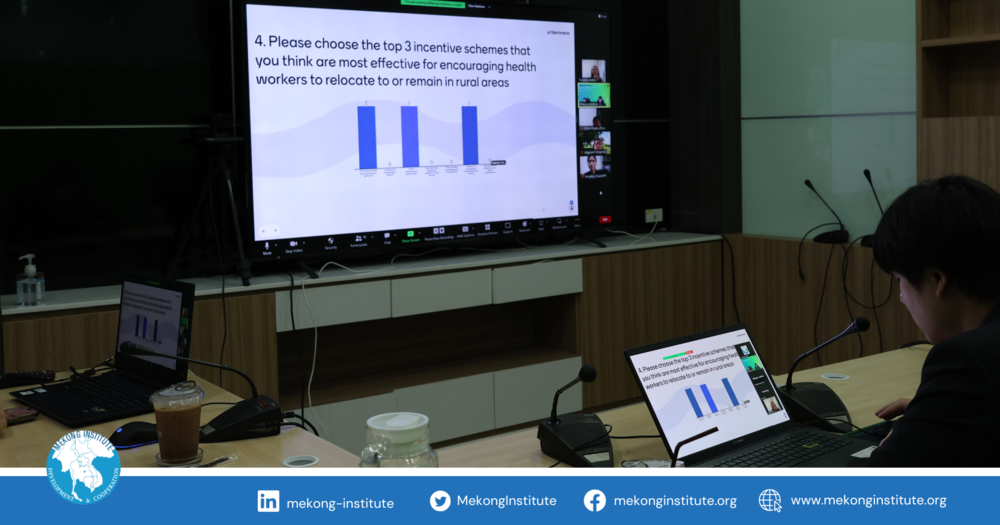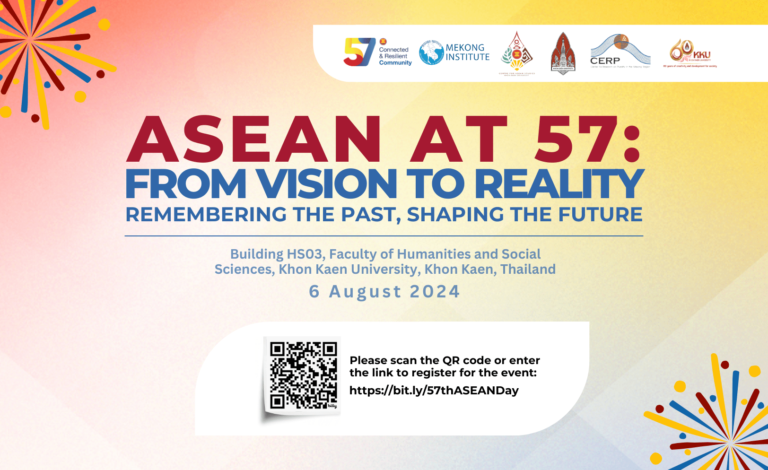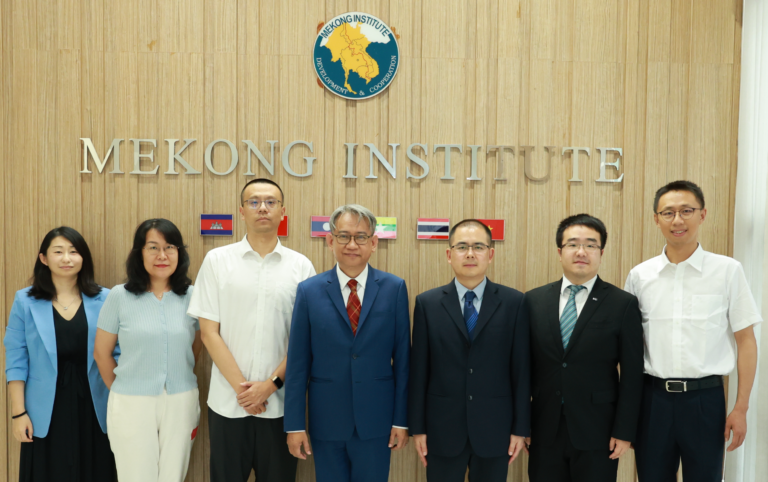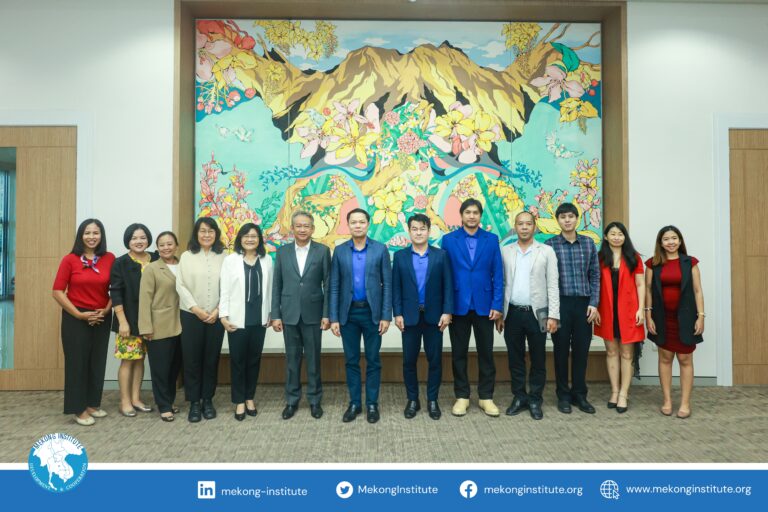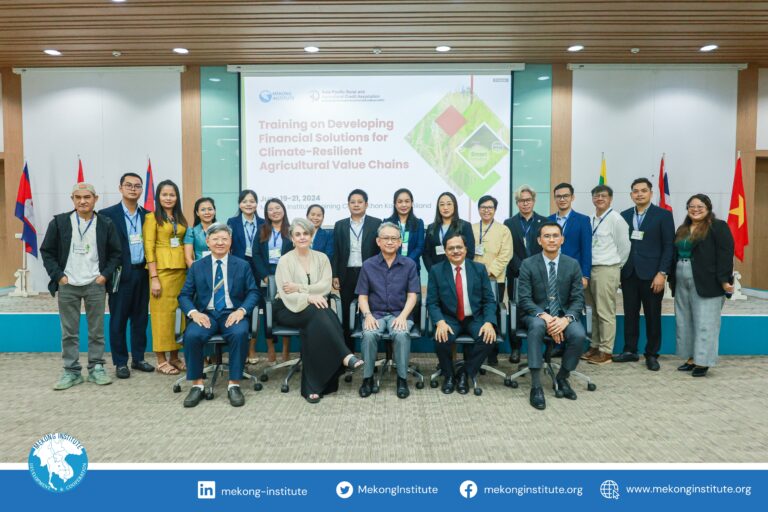MI Headquarters, Khon Kaen, September 26, 2023 – To find ways to deliver better healthcare in rural areas in the Lancang-Mekong countries, MI organized a consultation workshop, which engaged experts from the P. R. China, Lao PDR, Myanmar, Viet Nam, and Thailand. With the support of the People’s Government of the People’s Republic of China (P. R. China), the event underscored the importance of having sufficient skilled healthcare workers in rural areas to improve healthcare services and reach universal health coverage in line with Sustainable Development Goal 3 – Good Health and Well-being.
The activity was the third and final workshop under MI’s project titled “Global Development Initiative (GDI) Leverages Sustainable Development in the Lancang-Mekong Region.” The project aims to support the broader aspirations of the GDI, among them is to build a resilient health system capable of coping with future public health crises and promoting health for all.
With the theme “Safeguarding Human Health,” the workshop gathered country-specific insights to comprehensively identify challenges, mechanisms, and strategies in terms of enhancing rural healthcare. Officials from each of the Lancang-Mekong countries’ Ministry of Public Health and research institutions participated in the consultation.
By looking into the specific needs of the region, the workshop facilitated the formulation of targeted capacity-building programs that aim to support and enable a robust healthcare workforce in Lancang-Mekong countries.
The workshop was structured into three sessions. The first session was led by Dr. Yunping Wang, Senior Research Fellow and Director of the Global Health Research Office of P. R. China’s National Health Development Research Center. Dr. Yunping highlighted China’s progress in health aid and cooperation with Mekong countries and other developing nations through the GDI, using illustrative cases to emphasize the GDI’s role in international cooperation.
Session 2 featured country experts discussing challenges, prospects, and ongoing initiatives related to rural health workforce development in their respective countries. Discussions and recommendations were aligned with the World Health Organization’s guidelines on health workforce development in rural and remote areas, focusing on four key aspects: education, regulation, incentives, and personal and professional support.
Concluding the consultation, a knowledge exchange session engaged participants in conversations about priority topics identified through a polling activity. These discussions focused on three areas: facilitating continuous education and attracting students from rural backgrounds to health programs, expanding healthcare occupations and technology deployment, and prioritizing career growth and workplace conditions for rural healthcare workers.


